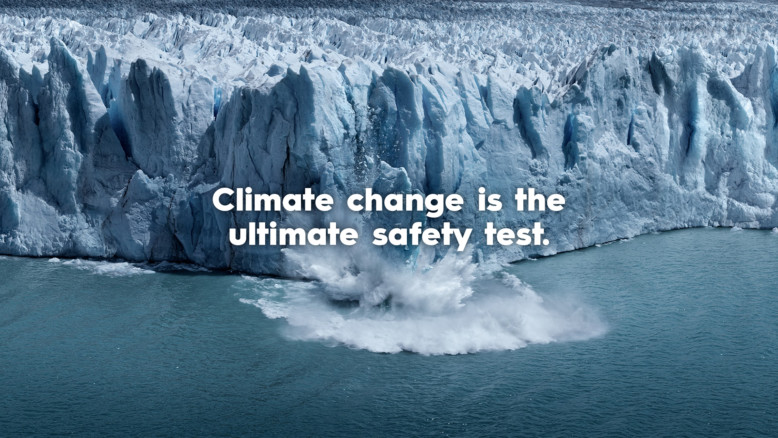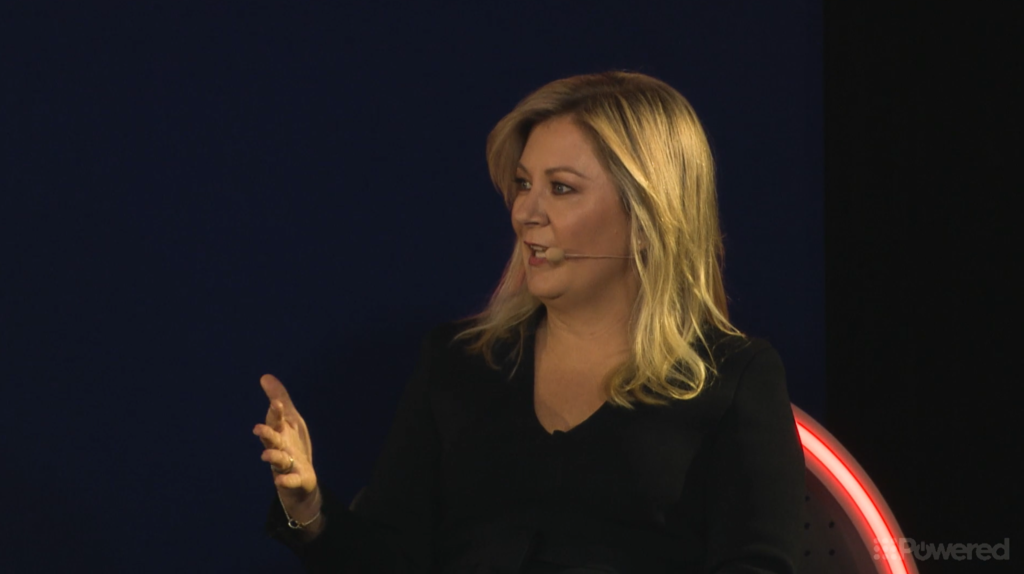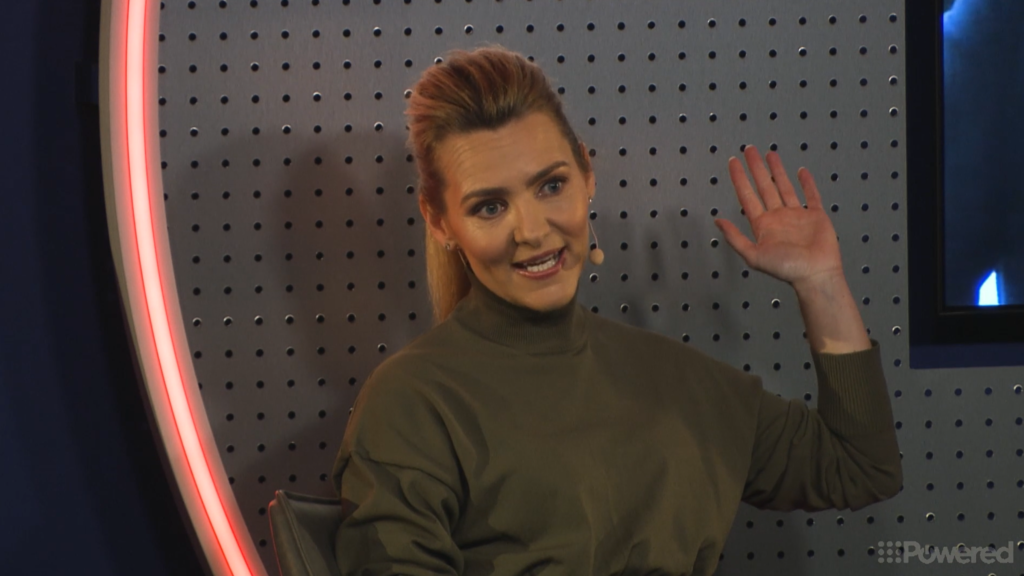Arnott’s transformation boss: Corporates must marry private and public agendas on social responsibility

Arnott’s transformation boss: Corporates must marry private and public agendas on social responsibility

Amid an increasingly global focus on social and environmental responsibility, the head of transformation of one of Australia’s biggest brands has warned that it requires corporates to look at both their external and internal business priorities in order to achieve change.
Speaking on a panel, together with Kimberlee Wells, TBWA Melbourne CEO, Rupen Desai, Global CMO of Dole Packaged Foods and Sydney Morning Herald Editor, Lisa Davies, at Nine’s Big Ideas Store, Simon Lowden, Chief Transformation Officer at Arnott’s, said leaders need to break down the elements of sustainability and social responsibility and ensure they align with their business goals.
“Arnott’s is a brand which is 155 years old, its penetration is 90 per cent in Australian households, and it has an obligation,” Lowden told a packed room. “One of the biggest changes in the last 12 months has been marrying private and public agendas together.
“I was lucky enough to be part of the PepsiCo journey and I think, if we look back on that, we would have said we waited for legislation and we did enough to be friendly to regulation. We have to lead that, especially here, where, let’s face it, it’s not coming any time soon. So we have to recognise the obligation, whether it’s Dole Foods or Arnott’s. We have to be the voice of change and demonstrate that change.
“The biggest thing about transformation is to take a topic like sustainability – which is broad, ugly and hard to define – break it into bits, and make sure that agenda is your business agenda.”
Panel member Lisa Davies, Editor of The Sydney Morning Herald, noted that these issues were firmly on corporate Australia’s agenda, but it was being driven by a mixture of commercial prerogatives and internally through demands on corporates.

Davies said: “I definitely think the conversations (in the boardrooms) are well and truly underway. I would say that the opportunity for corporate Australia to do good is being driven by commercial imperatives, but also the needs of their consumers.
“One thing we also hear a lot of these days is that companies want to build the best possible teams. The best and brightest who are coming out of universities and business schools are living and breathing these issues, and they are not going to join a company that doesn’t have a clear strategy in this space.”
Rupen Desai CMO of Dole Packaged Foods, the largest producer of fruit and vegetables in the world, told the room that many businesses struggled with these questions and often focused too much on the reasons why they were making changes, rather than the tangible actions that need to be taken.
“There is a lot to be said for starting with the ‘why’, but I firmly believe we should start with the ‘how and the what’,” said Desai. “Start with what you sell, is it a product is it a service?
“For us at Dole it was that we sell the goodness of the earth, so you can actually eat our purpose. Then when you get into the how it’s less about do good or do well and more about doing well without causing harm (to the environment).”
CEO of TBWA Melbourne, Kimberley Wells, said corporates needed to be careful that they weren’t just paying lip service to their environmental and social responsibilities, and noted that many countries were struggling to meet the UN’s 17 sustainable development goals.

Wells argued that this would require an effort across both government and business: “It’s definitely more talk than action and that’s not just amongst the marketing community, it’s also amongst our political leaders. One of the challenges the goals have is that they are voluntary, and even at a government level they are self-reported. So we don’t have a clear measure about how businesses are holding themselves accountable.
“You only have to look at where the goals are – currently there would only be one or two countries around the world on track to achieve them.”
Wells said one of the big challenges was the short-termism of both CMO and CEO tenure, arguing that principles and practices need to be ingrained across all levels so that employees hold the business accountable.
“These are big systemic problems that need people to come together in order to solve them,” said Wells. “The big issue we also have is our CEO and CMO tenure. We have to make sure that the purpose is so clearly inked within the business that the stakeholder environment starts inside out. So even if you have changes at the top of the business, there is a staff body holding their leadership teams to account.”






